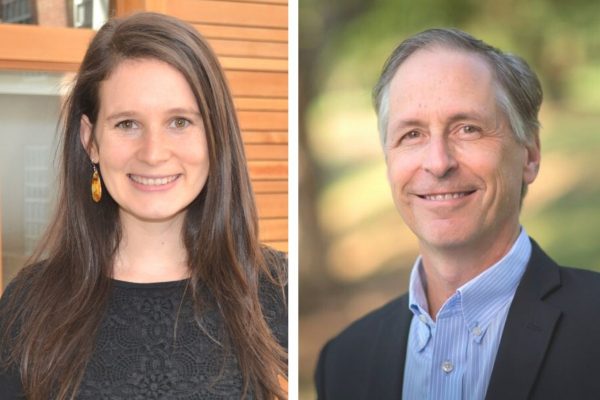PhD
Professor, Psychology
UNC-Chapel Hill
Cancer Prevention and Control
Area of Interest
I am a social psychologist and conduct research on health behavior change. There are four strands to this work:
- A key focus has been the intention-behavior ‘gap.’ My colleagues and I have shown that people successfully translate (even strong) intentions into action only about 50% of the time (e.g., Orbell & Sheeran, 1998; Sheeran, 2002). Our research also pinpointed several factors that determine the consistency between intentions and behaviour (Sheeran, & Webb, 2012).
- A concomitant line of research uses if-then plans or implementation intentions to reduce the intention-behavior ‘gap’ and increase performance of important health behaviors. A series of RCTs has shown that forming if-then plans reduced pregnancy rates among teenagers (by 42% over two years; Martin, Sheeran et al., 2011), enhanced medication adherence among patients with epilepsy (Brown, Sheeran, & Reuber, 2009), and improved attendance for cervical cancer screening (Sheeran & Orbell, 2000), inter alia.
- A third line of research is concerned with providing critical tests of health behavior theories. This work uses meta-analysis to assess how much change in health-related intentions and behavior accrues from interventions that change risk perceptions, fear/worry, perceptions of severity, attitudes, social norms, and self-efficacy (e.g., Sheeran, Harris, & Epton, 2013).
- Recent work has begun to examine nonconscious routes to action and the self-regulation of unwanted, nonconscious influences (Gollwitzer, Sheeran et al., 2011; Rivis & Sheeran, 2013; Sheeran, Gollwitzer, & Bargh, 2013).
Awards and Honors
- Elected Fellow of the Association of Psychological Science, 2013
- Elected Fellow of the European Health Psychology Society, 2012
- Elected Fellow of the British Psychological Society, 2012
- Elected Academician of the Academy of Social Sciences, 2011
- Elected Fellow of the Society of Experimental Social Psychology, 2010
News and Stories

Study finds youth have misperceptions about synthetic nicotine in e-cigarettes
Seth Noar, PhD, Sarah Kowitt, PhD, MPH, and colleagues report in a study that there is widespread uncertainty and misperceptions about the sources of nicotine in e-cigarettes among youth.

Study reveals most effective anti-vaping messages for teens
Seth Noar, PhD, Marcella Boynton, PhD, and colleagues report that effective anti-vaping advertisements geared to teens have the greatest impact when they emphasize adverse consequences and harms.

Though concerned about COVID-19, cigar smokers are smoking more, survey finds
Published survey results from Sarah Kowitt, PhD, MPH, and Adam Goldstein, MD, MPH, found that more than twice as many cigar smokers reported increased tobacco use since the pandemic’s onset.

Goldstein to use $2.7M NCI grant to develop, test warnings for little cigars, cigarillos
The National Cancer Institute has awarded University of North Carolina Lineberger Comprehensive Cancer Center researcher Adam Goldstein, MD, MPH, a five-year, $2.7 million grant to develop more effective health warnings for little cigars and cigarillos. Nearly 12 million U.S. adults reported smoking cigars within a single month, according to 2016 national survey, and little cigars …

